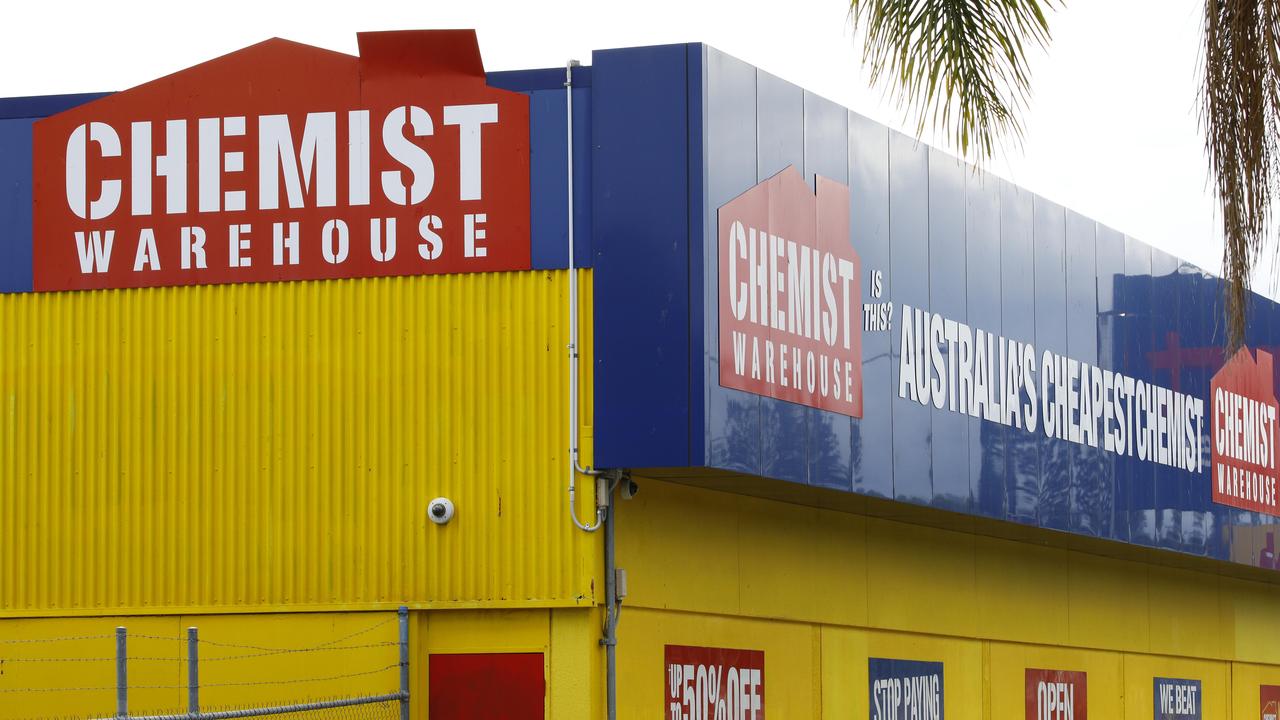
Major institutional investors may be selling out of listed thermal coal miners around the globe as environmental, social and governance concerns take centre stage, but the trend could work in the favour of a few players such as New Hope.
The thinking is that as more thermal coal mines shut down or lose public investor support, those few that are left will be in greater demand than ever in the medium to short term and will generate stronger earnings.
This is as renewable energy is likely to take time to become the dominant power source in Australia and export demand remains for countries such as India and China.
New Hope has no debt and a market value of about $1.3bn, and the Millner family-backed conglomerate Washington H. Soul Pattinson owns 61 per cent.

The share price has been trading close to the lows it reached in 2016 amid the overall mining downturn and some believe a privatisation could be well within the Millner family’s grasp with the share price expected to continue to fall.
Last week, Mitsubishi sold its 11 per cent stake in the stock through investment bank JPMorgan as ESG concerns continue to weigh on the minds of large Japanese conglomerates and, more importantly, groups like BlackRock are averse to thermal coal investments.
The chairman of $US7 trillion asset manager BlackRock, Larry Fink, this year said he would exit all investments linked to thermal coal on the back of climate change concerns. And according to Bloomberg data, BlackRock has been on the New Hope register.
Australian-listed fund manager Perpetual also sold down its stake last year and is no longer a major investor.
New Hope’s thermal coal operations include New Ackland, West Moreton, Jeebropilly and New Oakleigh in Queensland and Bengalla in NSW.
However, other existing board members may not be in favour of a privatisation by the Millners. An alternative outcome could be that they instead remain eager to diversify New Hope through acquisitions, where it enters new markets.
Consolidation in the industry could involve a tie-up between New Hope and Whitehaven.



